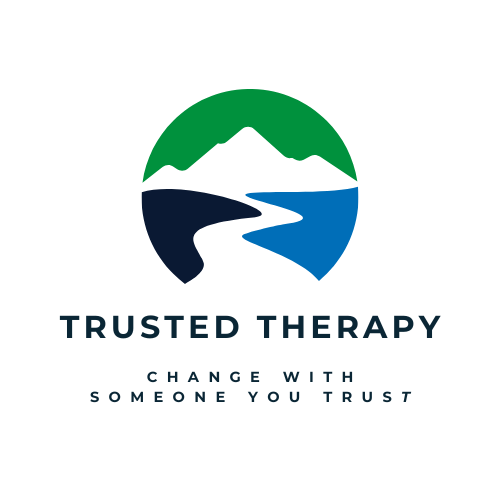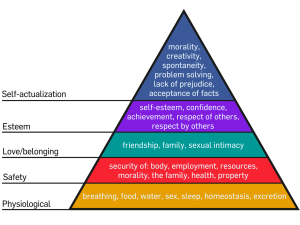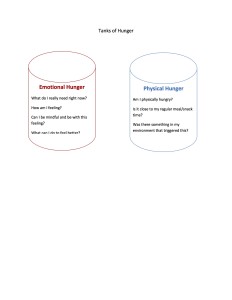Never Enough, Always Too Much: It’s not just about the food
Do you struggle with regulating your food intake? Do you have a hard time budgeting your money or allowing yourself to spend money on yourself? Do you have difficulty feeling loved by others? Most of us who struggle in our relationship with food also struggle in our relationships with others, and even in our relationship to money. Working with individuals who tend to over eat typically experience a feeling of, never having enough. This is sometimes expressed by having many friends, but still feeling lonely; spending a significant amount of money, but never feeling like they have anything; engaging in lots of social activities, but still feeling like they aren’t included in anything. Individuals who tend to restrict the amount of food they eat may demonstrate a pattern of restricting other things in their life. This might look like never spending money on themselves, not having very many friends or not being very close to others, and limiting their engagement in social activities. Does this sound familiar to you?
If this sounds familiar to you, don’t worry, you are not alone and there are things you can do to change the way you interact in your relationships. People who struggle with disordered eating/eating disorders tend to have a difficult time identifying their needs and getting their needs met in healthy ways. How do I recognize my need for food and good nutrition, but then not provide my body with this need? The first step to changing our relationships (with food, money, others or ourselves) is to recognize our inherit needs as a human being. Every person has basic needs that we require to survive and to thrive. Although we all have the same basic needs, some of us require more/less of different needs. A popular example of what our basic needs looks like comes from an American psychologist named Abraham Maslow. See his model of needs below. (Source: https://en.wikipedia.org/wiki/Abraham_Maslow)
This model describes the importance of having basic needs met (the ones on the bottom) before we can focus on our higher level of needs (the top ones). When we look at individuals who are struggling with disordered eating they are likely not getting some of their basic needs met (nutrition) and therefore it makes it very challenging for them to meet their other needs (social, intimacy, a since of well being about themselves and others, etc). How do we try to meet our other needs when our basic needs aren’t getting met? Some of us will likely try to deny that they even have these other needs. Others may try to get these needs met in unhealthy ways (i.e. spending money erratically, having non-meaningful sexual encounters, engaging in multiple social activities without being emotionally present, etc) in order to try to fulfill those higher level needs. Something I work with clients to help them figure out what needs they are trying to get met and how is what I call, My 2 Tanks.
Figuring out if we are “emotionally” or “physically” hungry can help us decrease our over eating and can help us recognize when we are hungry. When we are emotionally hungry it is important to realize that no matter how much food (or money we spend, activities we do, etc) we eat, we will not fill full. Attempting to fill this emotional hunger tank with food (or items, non-meaningful sex, etc) will always leave us feeling hungry and usually sad, unfulfilled, anxious, and angry. So how do you fill up your emotional hunger tank?
Typically we need to have meaningful relationships and activities. We need to be able to be present, mindful, and engaged in our relationships and activities. We need to recognize all of our needs and figure out how we can get them met for ourselves. This may look like connecting with others, spending time alone, drawing, coloring, crying, getting enough sleep, being physically active, listening to music, or practicing yoga. Filling our emotional hunger tank can be done in any number of ways. At different times in our lives different needs may be more or less present. It may take us awhile to figure out what we are actually needing and how we can get this need met in a healthy way.
If you are frequently over eating (or over spending, having non-meaningful relationships, engaging in too many activities, etc) or you are restricting your food (or avoiding relationships, limiting activities, not engaging in self-care, not spending any money, etc) try to think about what you are really wanting/needing. Maybe it is love, attachment, connection, since of self worth, feeling of accomplishment, or so many other things. How do you fill your emotional hunger tank?
Trusted Therapy
Tonya McFarland, PsyD, LP, CEDS
Licensed Clinical Psychologist
Certified Eating Disorder Specialist
1030 Johnson Rd, # 323
Golden, CO 80401
303-709-5897
www.trustedtherapy.com
tonya@trustedtherapy.com


